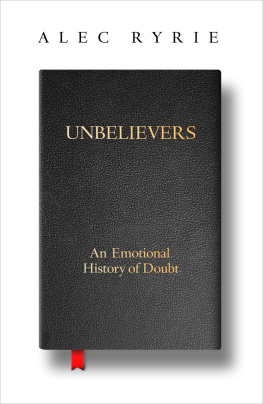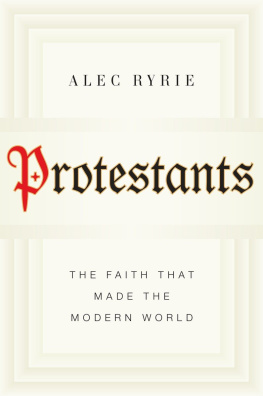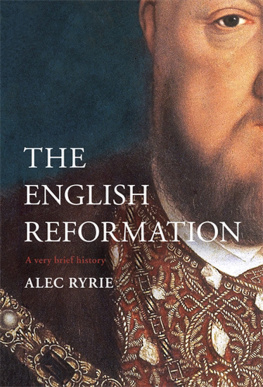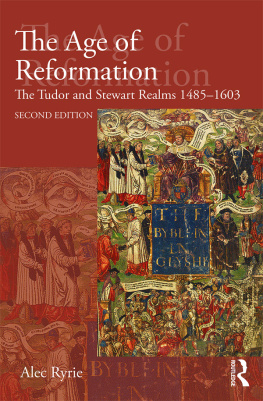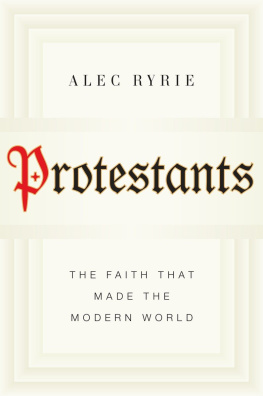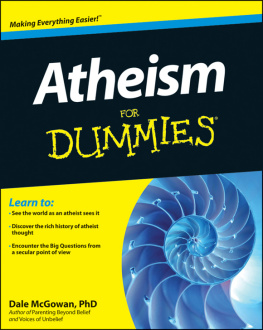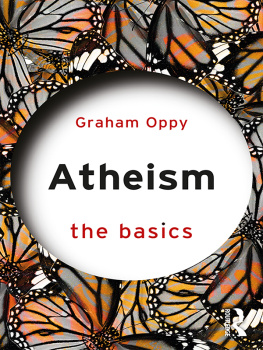Contents
Contents
Guide
UNBELIEVERS
An Emotional History of Doubt
Alec Ryrie

William Collins
An imprint of HarperCollinsPublishers
1 London Bridge Street
London SE1 9GF
www.WilliamCollinsBooks.com
This eBook first published in Great Britain by William Collins in 2019
Copyright Alec Ryrie 2019
Cover design by Jack Smyth
Cover images Shutterstock
Alec Ryrie asserts the moral right to be identified as the author of this work
A catalogue record for this book is available from the British Library
All rights reserved under International and Pan-American Copyright Conventions. By payment of the required fees, you have been granted the non-exclusive, non-transferable right to access and read the text of this e-book on-screen. No part of this text may be reproduced, transmitted, down-loaded, decompiled, reverse engineered, or stored in or introduced into any information storage and retrieval system, in any form or by any means, whether electronic or mechanical, now known or hereinafter invented, without the express written permission of HarperCollins
Source ISBN: 9780008299811
Ebook Edition October 2019 ISBN: 9780008299835
Version: 2019-09-23
for Victoria, my believer
Most of us, I suspect make an instinctive decision, then build up an infrastructure of reasoning to justify it. And call the result common sense.
Julian Barnes, The Sense of an Ending
T wo friends, Christian and Hopeful, are travelling in search of Heaven. On the road, they meet a man named Atheist. When they tell him about their quest, he erupts into a very great Laughter: I laugh to see what ignorant persons you are, to take upon you so tedious a Journey There is no such place as you Dream of.
In John Bunyans fable, the travellers stop their ears to these siren words and continue on their way. But as Bunyan knew all too well, Atheists defiance was in fact dangerously compelling. The thought he gave voice to was already haunting the historically Christian cultures of Europe and North America when he wrote The Pilgrims Progress in the 1670s, and has done so ever since. Perhaps you disagree with Atheist, but you are certainly familiar with the point he was making. Or perhaps you think he spoke the plain and self-evident truth.
This book is about one of the most momentous changes in modern history: the appearance in the once-Christian West of post-religious societies. And on both sides of the Atlantic, many of those who do still claim a Christian identity do so only nominally or residually, their daily lives largely undisturbed by their professed religion.
Why, the philosopher Charles Taylor asks, was it virtually impossible not to believe in God in, say, 1500 in our Western society, while in 2000 many of us find this not only easy, but even inescapable? Many of those who (like Taylor himself) continue to believe are conscious of swimming against a cultural tide. Over a century ago, Friedrich Nietzsche notoriously claimed that God is dead and we have killed him. In large and growing parts of Western society, that shocking claim has turned into a self-evident truth.
As a historian, my question is: so, who killed him, when, and how? The usual answer is: philosophers, scientists and intellectuals; during the Enlightenment and scientific revolution of the eighteenth and nineteenth centuries; and by means of a frontal assault. In the 1660s, so the story goes, Baruch Spinoza first showed that a world without God could be philosophically coherent. In the eighteenth century there was a double assault: polemicists such as Voltaire and Thomas Paine openly attacked the Churchs moral authority, and philosophers as varied as David Hume, Immanuel Kant and Jean-Jacques Rousseau constructed systems which, whether or not we classify them as strictly atheist, left Christianity far behind. God became, as Pierre-Simon Laplace supposedly told Napoleon in 1802, a redundant hypothesis. Nineteenth-century philosophers such as Ludwig Feuerbach and Arthur Schopenhauer found the case against religion to be almost self-evident. By the time Charles Darwin provided an explanation for the origins of life without reference to God in 1859, the work was virtually completed. All that the wider culture has done since then is catch up.
I wrote this book because I am not satisfied with that stereotypical account. The timescale, the suspects and the nature of the murder are all wrong. Telling the story a different way not only changes our sense of history; it casts our current moment of pell-mell secularisation in a different light.
To take the simplest problem first: the death-by-philosophy narrative is a poor fit with the actual chronology of Western secularisation. Were the religious revivals of the later eighteenth and nineteenth centuries, or the apparent Christian resurgence across the West in the 1950s, simply religions death throes? Was the sudden collapse of the Wests religious cultures in the 1960s merely the shattering of a husk after centuries of patient hollowing-out?
These early testimonies to unbelief are often dismissed on the grounds that they lacked philosophical sophistication. If you are only interested in the history of atheism as a system of ideas, then that is the end of the matter, and this book is not for you. What interests me is that unbelief clearly existed in practice (in some form, at some level) before it existed in theory. In which case, we have not only been looking at the wrong centuries, but profiling the wrong suspects. Intellectuals and philosophers may think they make the weather, but they are more often driven by it. People who read and write books, like you and me, have a persistent tendency to overestimate the power of ideas. Some of us may occasionally change our beliefs and our lives as the result of a chain of conscious reasoning, but not very often or very honestly. Our own age has forcibly reminded us that intellectual elites often struggle to bring their societies with them. Their default role is to tag along, explaining with perfect hindsight why things inevitably turned out as they did.
The conventional story has it that philosophers attacked religion and people therefore stopped believing. But what if people stopped believing and then found they needed arguments to justify their unbelief? The heart has its reasons of which reason knows nothing, cautioned Blaise Pascal, the seventeenth centurys shrewdest wrestler with doubt.
My point, simply, is that it is not only religious belief which is chosen for such instinctive, inarticulate, intuitive reasons. So is unbelief. In which case, the crucial juncture in the history of atheism is the period before the philosophers made it intellectually respectable: when the raw dough began to bubble with unexplained energy, making it urgent that intellectuals discover ways to bake, slice and package it. It is no great surprise that Enlightenment thinkers could develop atheistic philosophies. Anyone who needs a philosophy badly enough will find one, and as we will see, arguments against God and against Christianitys core doctrines were nothing new in the mid-seventeenth century. The question is not, where did these criticisms come from, but, why did some people start to find them compelling? To answer that question, we do not need an intellectual or philosophical history of atheism: we need an emotional history.

